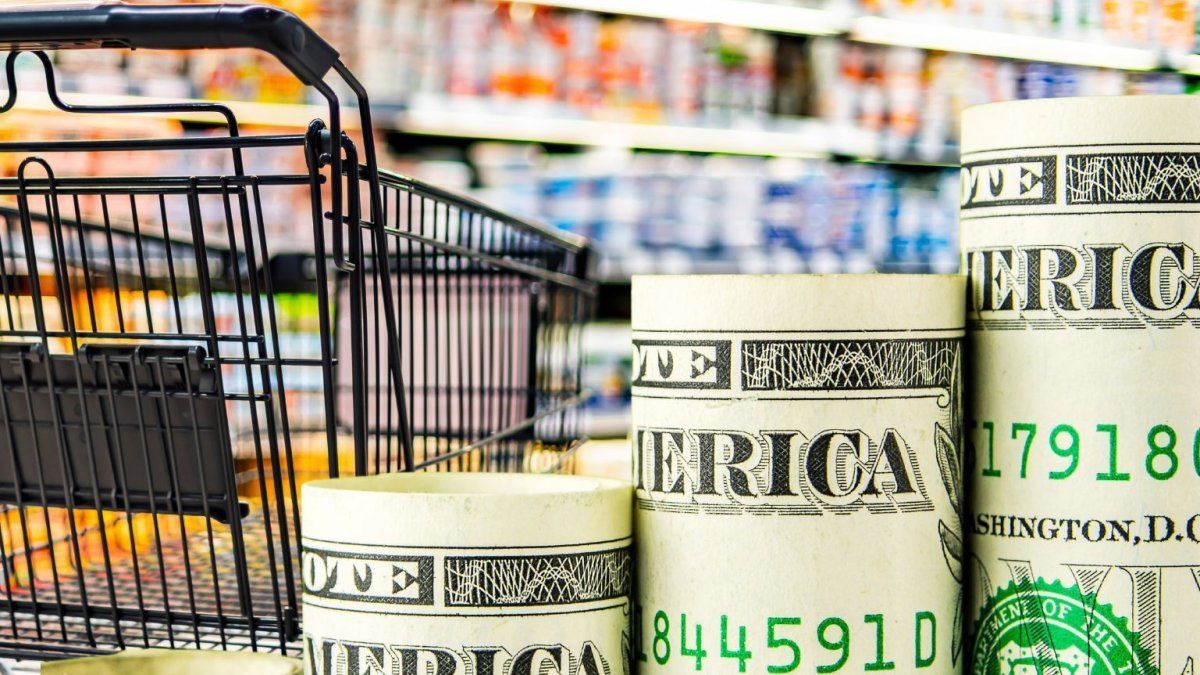Cocoa, soya or palm oil should only be allowed to be imported into the EU if no new forests have been cleared for their cultivation. Environmentalists still see “painful gaps” in the project.
The EU is taking action against deforestation with a new law. Negotiators from the European Parliament and EU states agreed on an import ban for certain raw materials if forests were cleared for them. The two institutions announced this on Tuesday night.
Development Minister Svenja Schulze praised the agreement: “Today is a good day for the global protection of forests,” said the SPD politician. Now it is important that the developing countries can prepare well for the new regulations. “We must not leave the people in the producing countries alone with the new legislation,” she said on Tuesday. Schulze announced projects for the further training and networking of local farmers, from which indigenous communities, smallholders and women in particular should benefit.
According to the Development Ministry, around 90 percent of deforestation is due to agricultural expansion. “The EU is a big consumer and trader of commodities that contribute significantly to deforestation – such as beef, cocoa, soy and timber,” said Czech Environment Minister Marian Jurecka. His country will hold the regularly rotating presidency among the EU countries until the end of the year.
Review in two years
The new rules also apply to goods that contain the listed raw materials or if they have been used for or made from animal feed. Leather, chocolate and furniture are mentioned as examples. In the negotiations, the MEPs enforced that the rules also include rubber, charcoal and printed paper products, as the EU Parliament announced. In two years it will be checked whether other goods need to be included.
SPD MP Delara Burkhardt criticized that it was completely legal to cut down the Amazon rainforest, sell the wood in the EU and keep cattle on the freed-up land and offer the steaks in European supermarkets. “That will soon be over.”
At the COP27 climate conference, for example, the umbrella organization for indigenous peoples in Brazil called for stricter EU legislation to protect forests in South America. Specifically, the indigenous people were concerned with guaranteeing their rights and including all of Brazil’s ecosystems in the EU law for deforestation-free supply chains. They fear that if production in certain ecosystems, such as the Amazon region or the Atlantic rainforest, is particularly controlled, there is a risk that the problems will be shifted to other natural areas.
WWF welcomed the fact that the EU was taking responsibility and acting with foresight. “The law has many strong elements, but urgently needs to be improved on important points,” said Wald’s program manager from WWF Germany, Susanne Winter. She complained about “some painful gaps”: The law should not only be limited to forests, but also include forest-like areas and scrubland. The regulation is also disappointing when it comes to human rights.
Parliament still has to approve the compromise
The compromise still requires the approval of Parliament and the EU states, but this is considered a formality. The new law will come into force 20 days after its publication in the EU Official Journal, with a transitional period of 18 months for certain parts. Specifically, companies must submit a due diligence declaration that goods sold on the EU market have not led to deforestation and forest degradation anywhere. The deadline for deforestation is December 31, 2020. Those who do not follow the rules risk fines.
Parliament’s Christian Democrat negotiator, Christophe Hansen, spoke of a strong and ambitious result. Green MP Anna Cavazzini also welcomed the agreement. However, she criticized the fact that the law does not protect more forested areas than currently planned.
Source: Stern
Jane Stock is a technology author, who has written for 24 Hours World. She writes about the latest in technology news and trends, and is always on the lookout for new and innovative ways to improve his audience’s experience.




